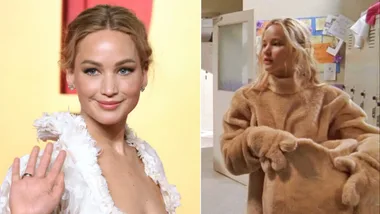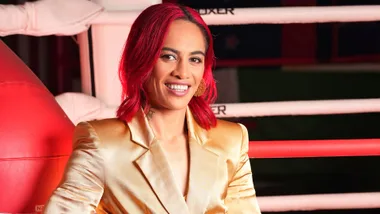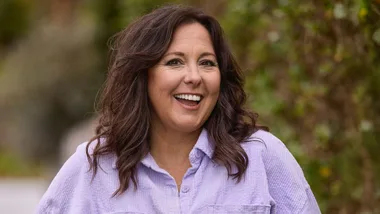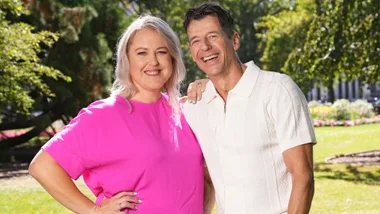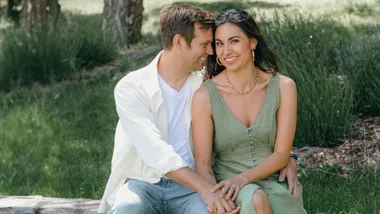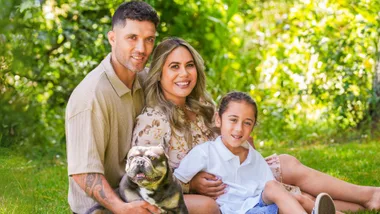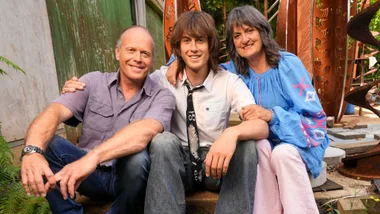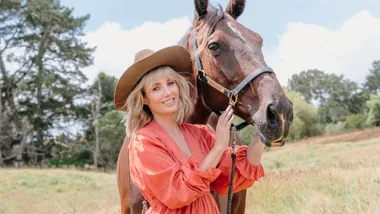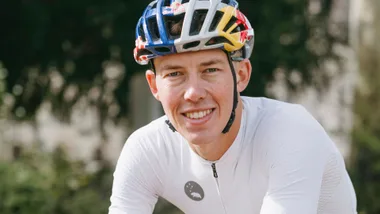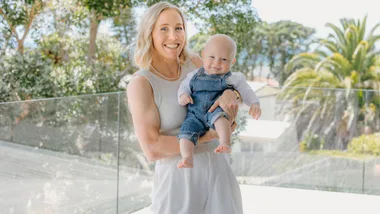When asked what he would like more of in 2025 and less of, Chris Hipkins gives an immediate – and characteristically enthusiastic – answer.
“I would like less of the divisiveness and more of the togetherness,” he says, chatting to the Weekly from his home in Upper Hutt.
“In this job, you see the best of Kiwis, but you also see the not so great. So I’d like to see more of the best. The moments where you get to meet people who are passionate about what they’re doing. That’s the stuff that gets you energised to go to work every day.”
The last time the Weekly sat down with Chris, he was prime minister. His team were preparing for the 2023 election – and we know how that went. Now he’s been Leader of the Opposition for more than a year and that trademark enthusiasm hasn’t dimmed in the slightest. In fact, he’s one of the rare politicians who is known for his beaming smile. So does he consider himself a naturally optimistic person?
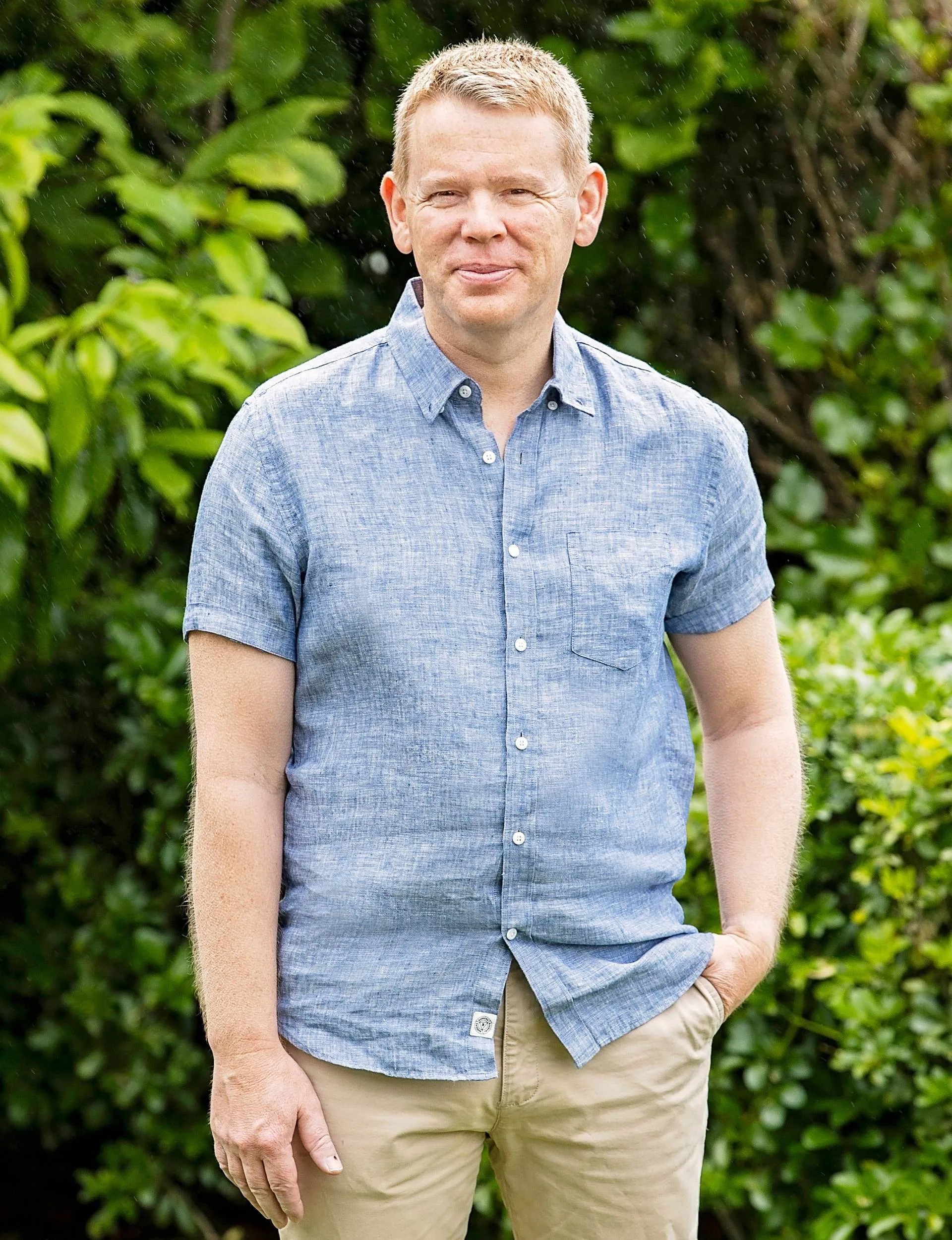
“Overall, yes, but I do believe in the difference between optimism and hope,” he says. “Optimism is the belief that everything’s just going to get better. Hope is the belief that things can get better if you’re willing to work for it.
“So I think I’m probably more of a hopeful person in the sense that I see that things can get better, but we have to work to make that happen.”
When it comes to both his personal and his professional time, Chris is a man with a plan. He’s fresh from a summer holiday, which he spent tackling all the DIY projects around the house and family bach. There’s a retaining wall he started years ago, before his two kids were born, which has stood slightly neglected as the reality of life with small children sunk in. But that was finally tackled as his children are now old enough to enjoy pottering outside with Dad.
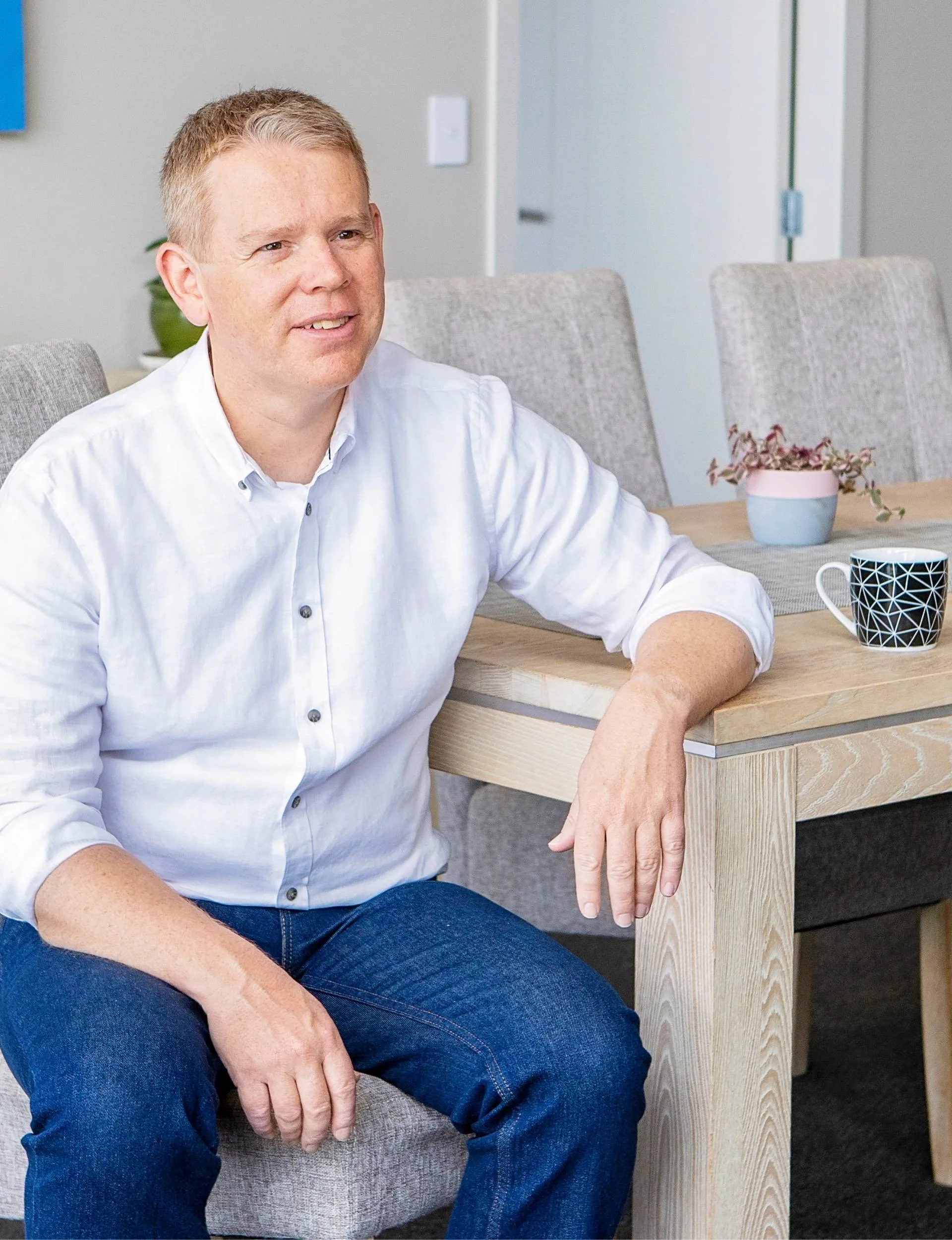
As well as his job title, there has also been another update in Chris’ life – he has a new partner. There was a rare insight into his personal life when he thanked “Toni” on election night during his concession speech. The mention caused a flurry of rumours before he confirmed it was “Toni with an i”. Chris is a firm believer of boundaries in his personal life, but he will confirm Toni and her children spent the summer with him and his kids.
Now that he has joined the many Kiwis who are managing the logistics of a blended family, is there a necessary skill he has a newfound appreciation for?
“You’ve got to be patient,” he says. “And I’m very conscious that I’ve got to create spaces where my kids have me all to themselves.”
Politics has in some ways become a kinder place for parents. However, Chris says the eternal battle of work-life balance is still as hard as ever.
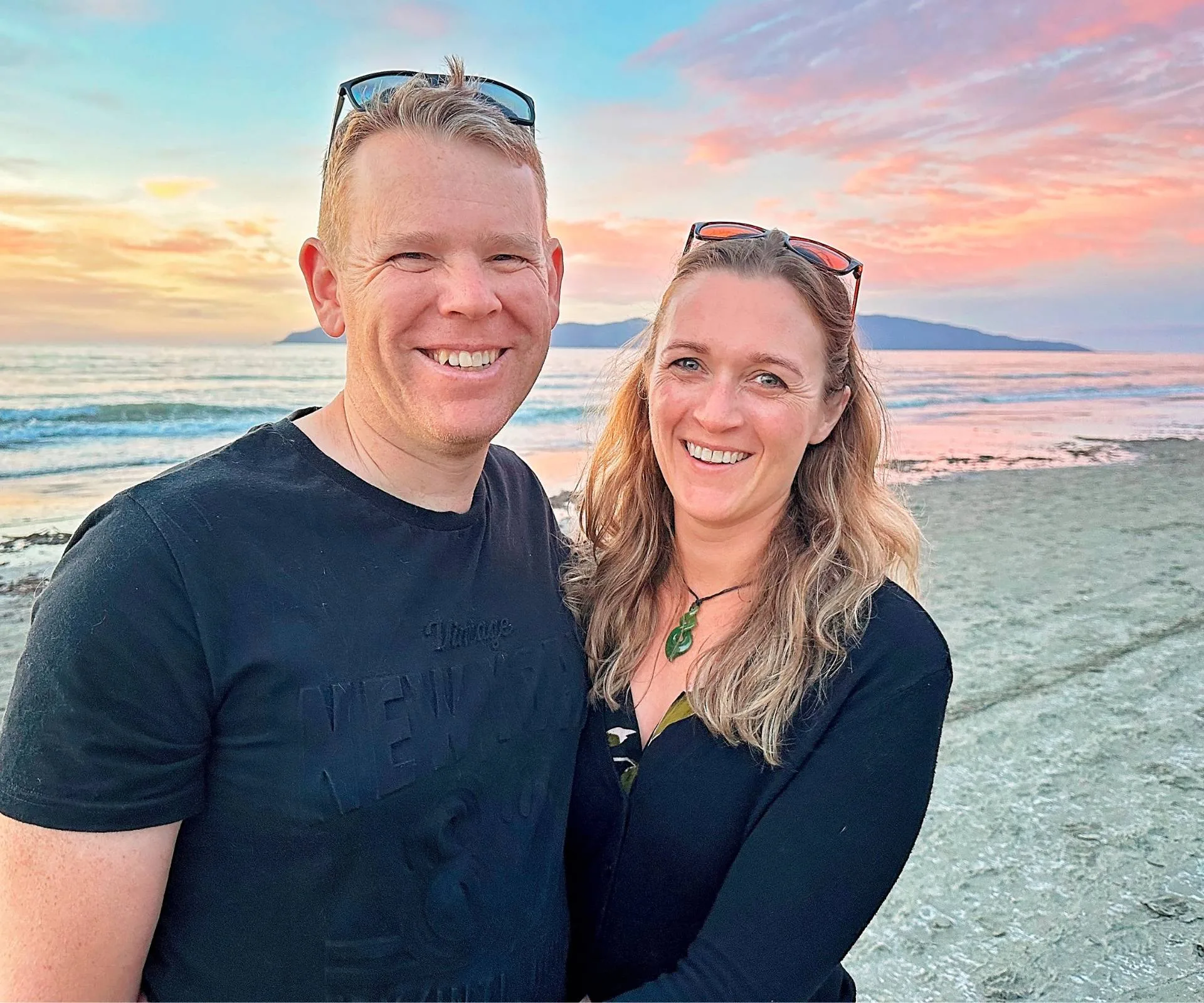
“Parliament is a more welcoming place for families now, in that you see partners and kids around the House. That’s a great thing,” he says. “But the hours are always going to be challenging.”
He’s aware he gets the good end of the deal, with just a 45 minute-commute each way. But he’s extremely sympathetic to the many MPs who live out of town and leave their families behind for three or four days a week.
“I can have a life during the week, which a lot of MPs can’t,” he says. “From my experience, those couples who embrace that and live well with that [set-up] are the ones that do very well. The ones who find the separation hard either don’t keep their relationships or don’t stay very long in politics.”
This is Chris’ 16th year in politics, so he knows a lot about the sacrifices it can take to make a relationship work. Carving out space in his week for Toni is very important, he tells.
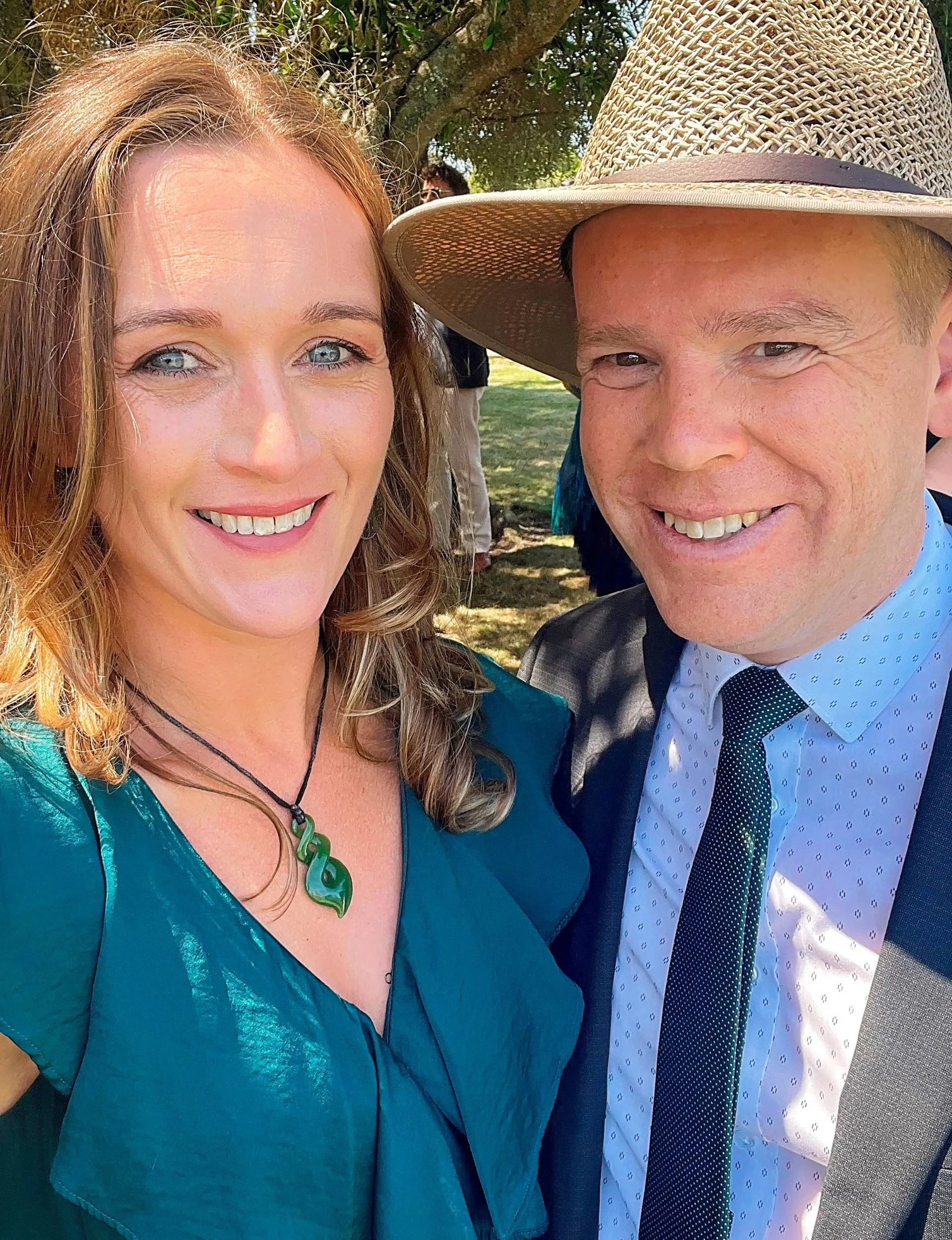
“We have time together and time apart, and we’ve found ways to make that work. It’s really special to be able to have a mix of times. Times when we’re all together, times when it’s just the two of us and times when we’re doing separate things. It’s important in a relationship that you have those spaces.”
Chris admits a lunchtime walk to the Wellington Botanic Gardens is his only solo time, but it’s all he needs.
Despite the challenges of the job, it’s clear Chris still obtains a tremendous amount of energy from his work. As Leader of the Opposition, he’s still looking on the bright side.
He explains, “You get more time to think and to build relationships with people – businesses, community organisations and the people in them. That gives you more ideas, more inspiration and more motivation. That’s quite hard to do in government because in government, every day is full.
“You can have a deeper understanding of complex issues because there’s simply more time to delve into them,” he adds. “That’s important because the political cycle always turns eventually and it seems to be turning very quickly this time around.”
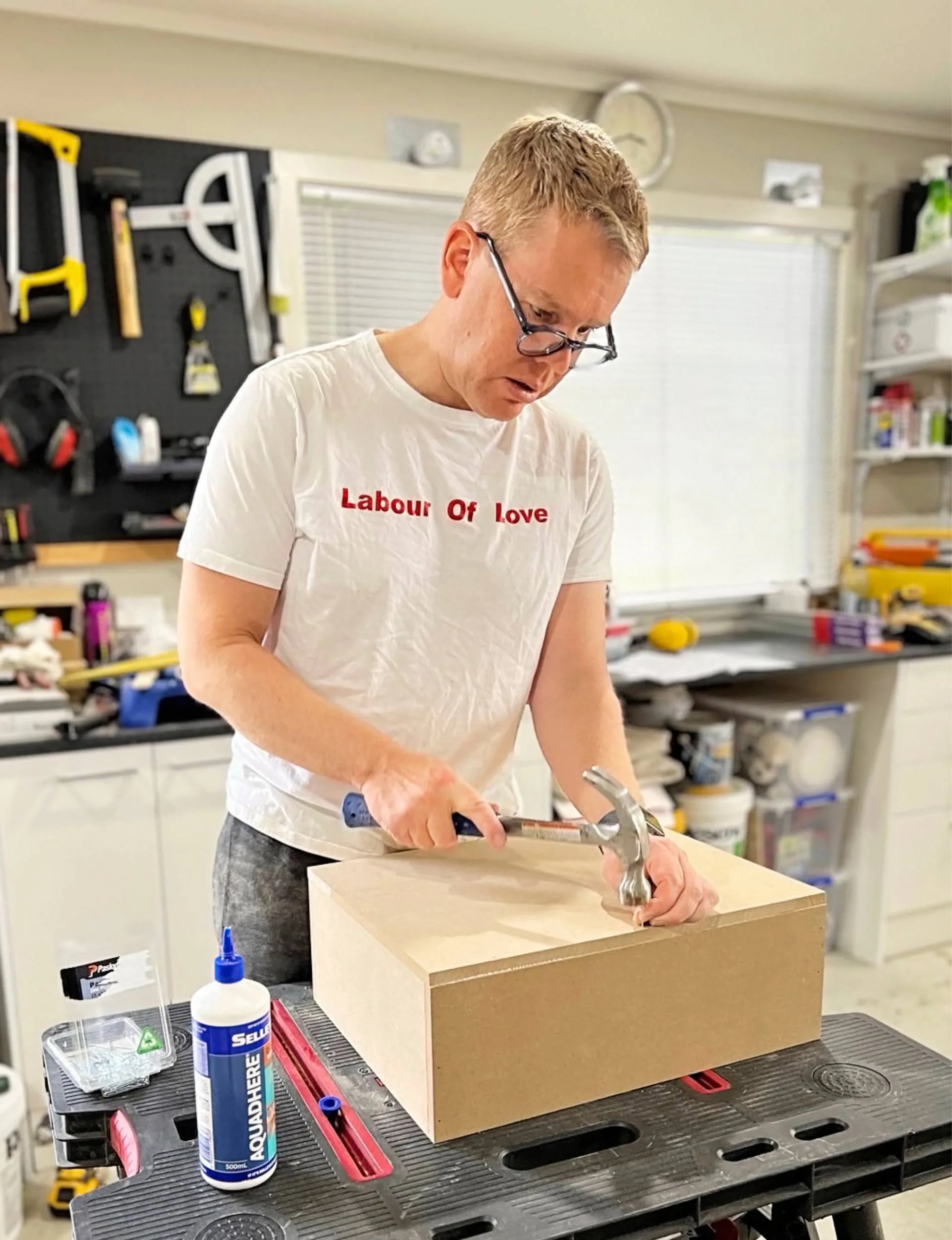
Even with his glass-half-full mentality, Chris says the past year has surprised him in the uptick in support for Labour.
He tells, “I wouldn’t have necessarily expected that the end of our first year in opposition, we’d be level-pegging with the government. I’m delighted that we are! But you have to make the most of your time in opposition so that when you are back in government, you’re ready for it.”
He’s aware this is easier said than done. “If I have one criticism of us in 2017, I think our level of preparation to be government was uneven. We were prepared in some areas, but not in others. So I’ve said to our team that we should go into the next campaign with the full intention of winning and being in government.
“It can’t just be about winning and turning around and saying, ‘Okay, what do we do now?’ You actually have to have a plan.”
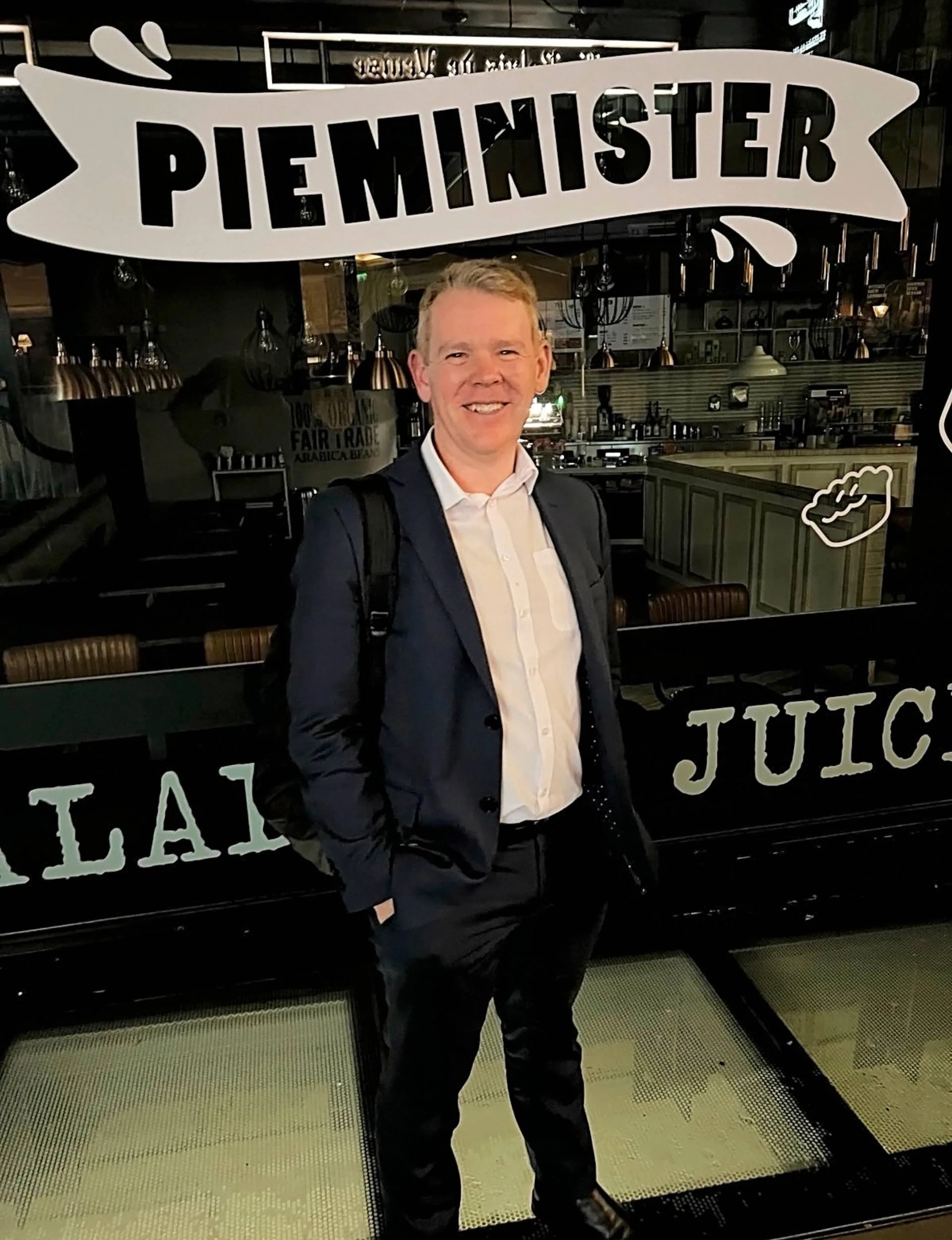
There’s a hard balance to having a job that always looks ahead, versus the reality of having small children who act as a constant reminder of how quickly time goes. How does Chris balance being always prepared for a future change in job with being present day-to-day as a dad?
“You have to have boundaries and it does require personal discipline,” he says. “That discipline to put your phone on the bench when you’re having dinner and knowing, ‘Okay, this is family time.’ Every working family juggles this – politicians are not unique in that regard. But it’s important that when you are home with them, making sure the time with your kids is quality time is probably more important than the volume of time itself.”
Last year, Chris spent a great deal of time out in public meeting Kiwis in the community. He says he could feel what a hard year many people were having.
“There are a lot of people still waiting for a glimmer of light on the horizon. It does seem a long time coming,” he tells. “People are thinking, ‘When are things going to start getting better?’”
Yet in amongst that sense of hardship, he says, there are always countless interactions with people that confirm for him just how much he loves his work. “I’ve had hundreds of those moments where I’ve stood there and thought, ‘This is a really awesome job.’”
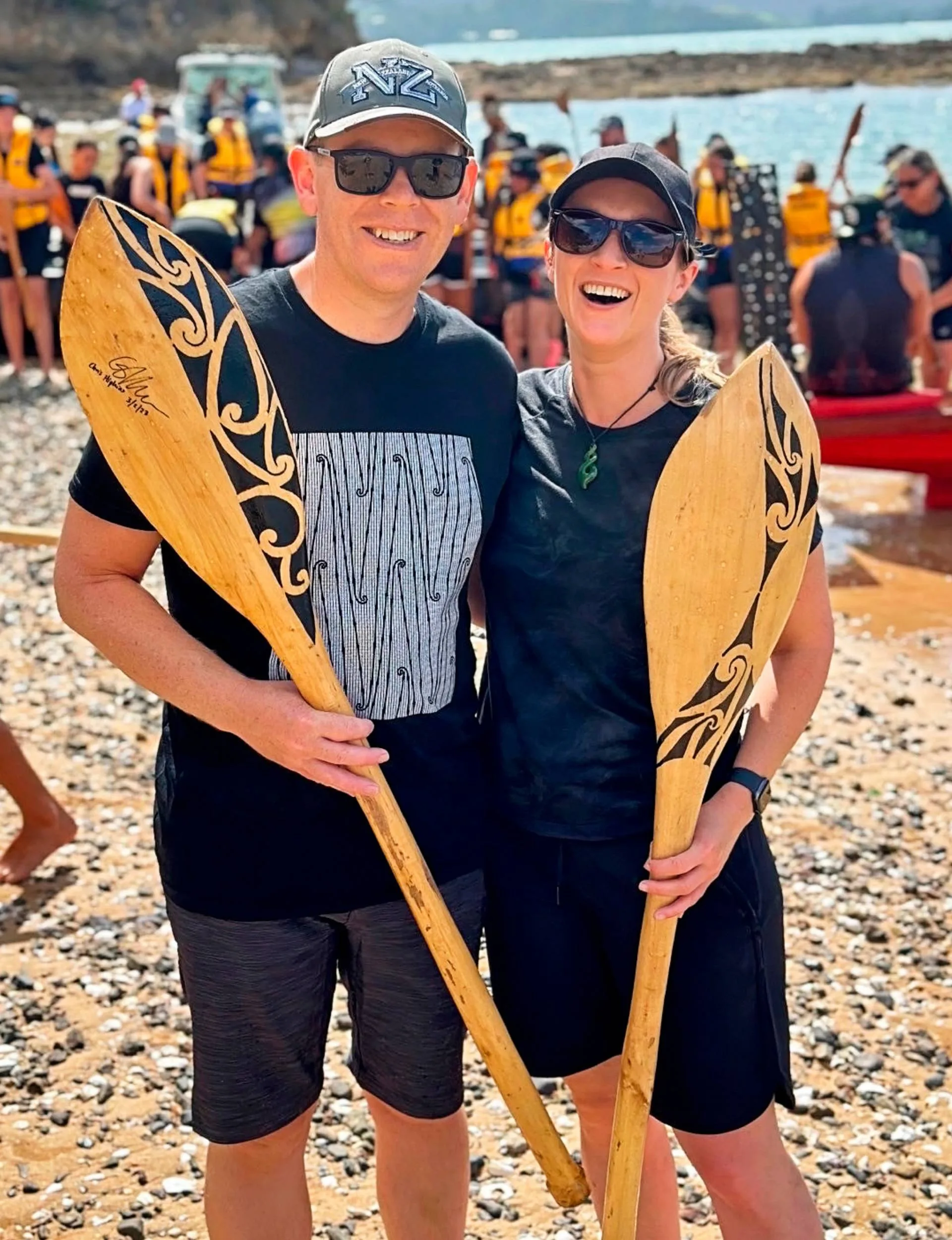
Back when he became prime minister, Chris made it his goal to spend the week at Waitangi for Waitangi Day, getting immersed in the community and festivities. He has kept that rule in Opposition and says it has become one of the highlights of his year. “I really enjoy it when you get in to shorts and a T-shirt, and just get amongst it.”
Many geopolitical challenges set the global stage up for a complicated 2025. There are two important steps, Chris believes, that people can take to feel more involved in a helpful way.
“One of them is really easy. It’s to make sure you keep people in your life who see the world differently to you,” he asserts. “It’s so easy now to have that family member you disagree with, so you don’t see them any more.
“But it’s really important that you do continue to because that way you avoid polarisation. Otherwise your life is going to become narrower and narrower.”
The second is to become more involved in your community. “You don’t have to run a food bank, but everybody can do little things within their community to make a difference.”
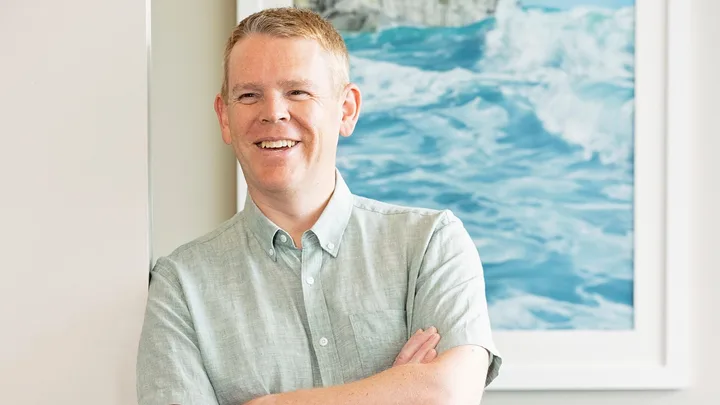 Photos: Nicola Edmonds
Photos: Nicola Edmonds
